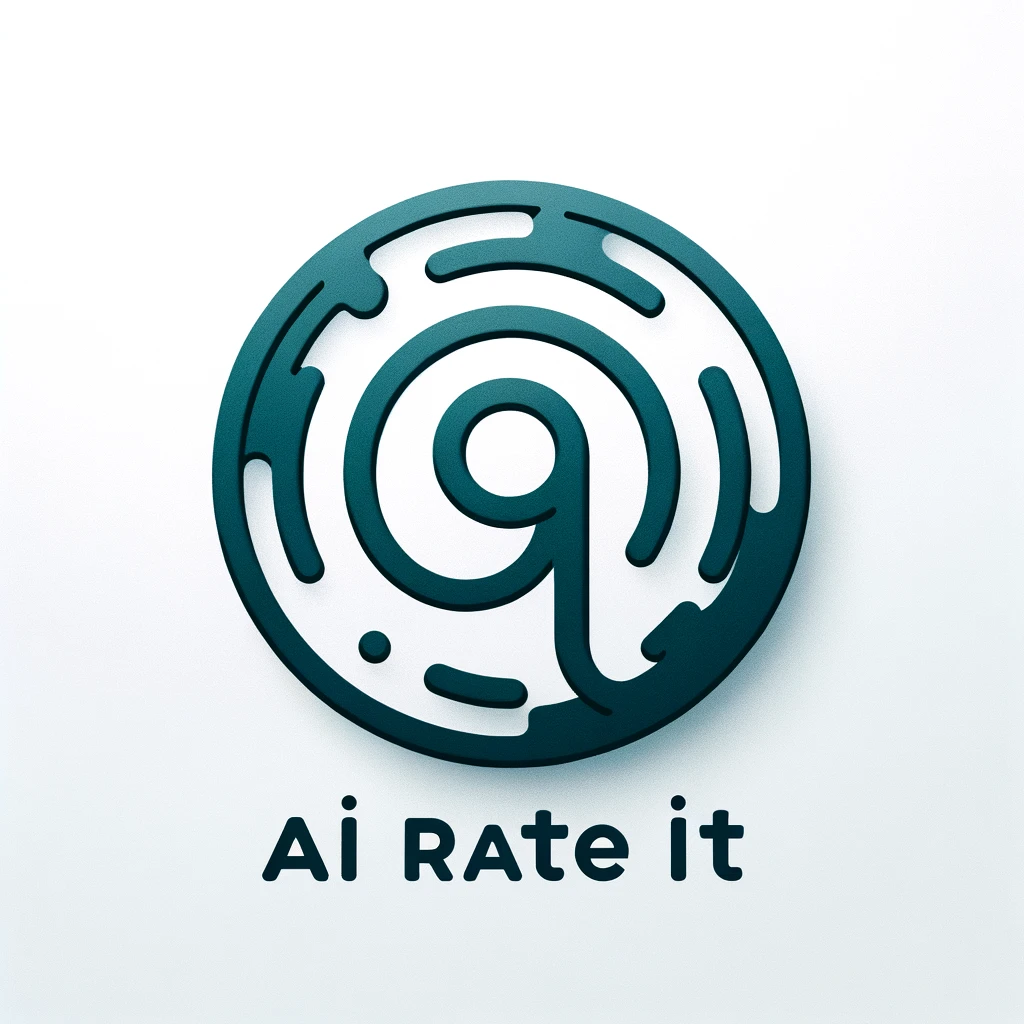Are you curious about how AI plays a crucial role in ad retargeting? Well, wonder no more! In this article, we will explore the ways in which artificial intelligence enhances the effectiveness of ad retargeting strategies. By leveraging AI-powered tools and techniques, businesses are able to maximize their advertising efforts, ultimately driving better results and higher conversion rates. So, let’s dive right in and discover the fascinating world of AI in ad retargeting!
Understanding Ad Retargeting
Definition of ad retargeting
Ad retargeting, also known as remarketing, is a marketing strategy that involves targeting and re-engaging users who have previously interacted with a brand or website. It works by placing cookies on the users’ browsers or using other tracking methods to gather information about their browsing behavior. This data is then used to show relevant ads to these users across various online platforms, increasing the chances of conversion.
Importance of ad retargeting in marketing
Ad retargeting plays a crucial role in marketing by helping businesses reinforce their brand message and stay top-of-mind with potential customers. It allows marketers to target specific segments of their audience based on their past behavior, interests, or demographics, maximizing the chances of conversion. By reminding users of products or services they have shown interest in, ad retargeting helps businesses capitalize on potential customers who are already familiar with their brand.
Challenges in ad retargeting
While ad retargeting can be highly effective, it also comes with its own set of challenges. One of the main obstacles is ensuring that the retargeting efforts are not perceived as intrusive or repetitive by users. Striking the right balance between frequency and relevancy of ads is crucial to avoid ad fatigue and maintain a positive user experience. Another challenge is the accurate tracking and attribution of user behavior across multiple devices and platforms. Ad retargeting requires a robust system that can seamlessly collect and analyze data from various sources to deliver targeted ads effectively.
AI and Ad Retargeting
Introduction to AI in ad retargeting
Artificial intelligence (AI) is revolutionizing the field of ad retargeting by leveraging advanced algorithms and machine learning capabilities to enhance targeting precision and campaign effectiveness. It enables marketers to analyze vast amounts of data, identify patterns, and make data-driven decisions to optimize ad placements and personalize ad content.
Benefits of using AI in ad retargeting
The use of AI in ad retargeting brings several benefits to marketers. Firstly, AI algorithms can process and analyze data at a scale and speed that would be impossible for humans alone. This enables real-time decision-making and enhances the efficiency of ad campaigns. Moreover, AI-powered systems can provide valuable insights into user behavior, preferences, and purchasing patterns, helping marketers refine their targeting strategies and improve overall campaign performance.
AI-powered retargeting platforms
Numerous AI-powered retargeting platforms have emerged to help marketers leverage the capabilities of AI in their retargeting efforts. These platforms use sophisticated algorithms to analyze user data, segment audiences, and deliver personalized ads across multiple channels. They offer features such as predictive analytics, automated bid management, and dynamic ad creation to optimize campaign performance and enhance user experience.
Data Analysis and Segmentation
Role of AI in data analysis
AI plays a pivotal role in data analysis for ad retargeting. It can sift through large volumes of data and extract valuable insights, enabling marketers to understand user behavior, preferences, and purchase patterns. AI algorithms can detect patterns, correlations, and trends that might go unnoticed by humans, helping marketers make data-driven decisions and refine their targeting strategies.
Leveraging AI for audience segmentation
Audience segmentation is a critical aspect of ad retargeting, as it enables marketers to tailor their ad content and delivery to specific user groups. AI-powered algorithms can analyze various factors, such as browsing history, demographic information, and past interactions, to segment audiences effectively. This enables marketers to target users with relevant ads based on their specific interests and preferences, increasing the chances of conversion.
Real-time analysis of user behavior
AI-driven data analysis enables real-time monitoring of user behavior, allowing marketers to adapt their ad retargeting strategies on the fly. By continuously analyzing user interactions, AI algorithms can identify changes in behavior patterns or response rates, allowing marketers to tweak their campaigns for optimal performance. Real-time analysis also enables prompt adjustment of ad frequency and content to prevent ad fatigue and maintain a positive user experience.
Personalization and Customer Insight
Customizing ad content with AI
AI empowers marketers to create highly personalized ad content that resonates with individual users. By leveraging data on user preferences, browsing history, and past interactions, AI algorithms can customize ad messages, visuals, and offers to suit each user’s unique needs and interests. This level of personalization not only increases the likelihood of conversion but also enhances brand perception and customer satisfaction.
Predicting customer preferences
AI can analyze customer data to predict their preferences before they explicitly express them. By using historical data and machine learning algorithms, AI can identify patterns and correlations between various factors, such as a user’s demographics, browsing behavior, and purchase history, to predict their future interests. This allows marketers to proactively target users with relevant ads even before they actively show interest in specific products or services.
Understanding customer behavior through AI
AI serves as a valuable tool for gaining deeper insights into customer behavior. By analyzing vast amounts of data and detecting patterns, AI algorithms can uncover hidden trends and preferences that can inform marketing strategies. This understanding of customer behavior helps marketers identify new opportunities, refine targeting strategies, and create more engaging ad campaigns that align with the needs and desires of their target audience.
Optimizing Ad Performance
AI-driven ad placement optimization
AI plays a crucial role in optimizing ad placement for maximum impact and reach. By analyzing user data, such as browsing behavior, device preferences, and location, AI algorithms can determine the most suitable platforms, websites, or apps to display ads. This ensures that ads are served to users in the most relevant context, increasing the chances of engagement and conversion.
Automated bid management
AI can automate the bidding process for ad placements, optimizing the allocation of budgets to achieve desired campaign goals. With AI-driven bid management, marketers can set specific objectives, such as maximizing conversions or achieving a target return on ad spend (ROAS). The algorithm then adjusts bids in real-time based on performance data, ensuring that the budget is allocated efficiently to deliver optimal results.
Dynamic ad creation
AI enables the creation and customization of dynamic ads based on user preferences and behavior. By dynamically generating ad content, visuals, and offers, AI algorithms can ensure that each user is presented with the most relevant and engaging ads. This dynamic ad creation not only boosts user engagement but also saves marketers time and resources, as they can leverage automation to tailor ads on a large scale.
Enhancing User Experience
Delivering relevant ads to users
AI-powered ad retargeting facilitates the delivery of relevant and personalized ads to users. By analyzing user data and behavior patterns, AI algorithms can determine the most suitable ads to show to each user, increasing the relevance and usefulness of the ad experience. This ensures that users are presented with ads that align with their interests, needs, and preferences, enhancing their overall experience and increasing the chances of conversion.
Reducing ad fatigue through AI
Ad fatigue occurs when users are repeatedly exposed to the same ad, leading to decreased interest and engagement. AI can help mitigate ad fatigue by dynamically adjusting the frequency and variety of ads shown to users. By continuously analyzing user behavior and response rates, AI algorithms can identify when users are becoming fatigued and adjust ad delivery accordingly. This prevents overexposure and ensures that users are presented with a variety of relevant ads, maintaining their interest and engagement.
Improving user satisfaction with retargeting
AI empowers marketers to deliver a more seamless and personalized user experience through ad retargeting. By leveraging AI capabilities in data analysis, ad placement optimization, and ad content customization, marketers can ensure that users are presented with ads that align with their interests and preferences. This personalized approach not only increases the effectiveness of retargeting campaigns but also enhances user satisfaction by delivering relevant content that adds value to their online experience.

Cross-Channel Integration
Coordinating ad retargeting across channels
AI-powered ad retargeting enables seamless coordination and integration across various marketing channels. By collecting and analyzing data from multiple touchpoints, including websites, social media, and mobile apps, AI algorithms can create a holistic view of user behavior. This allows marketers to deliver consistent and coordinated ad messages across multiple channels, reinforcing brand recognition and increasing campaign effectiveness.
Seamless integration with CRM systems
Integrating AI-powered ad retargeting with customer relationship management (CRM) systems can deliver powerful insights and enhance ad targeting capabilities. By combining data from CRM systems with AI algorithms, marketers can gain a deeper understanding of individual customers, their preferences, and their purchase history. This integration enables more accurate and effective ad targeting, as marketers can leverage CRM data to deliver personalized ads that align with each customer’s unique journey and requirements.
AI-powered omnichannel targeting
AI facilitates omnichannel targeting by enabling marketers to reach users across multiple devices and platforms. With AI algorithms, marketers can identify users across different touchpoints, such as desktops, smartphones, and tablets, and deliver targeted ads seamlessly. This omnichannel approach ensures that users are consistently exposed to relevant ads, regardless of the device or platform they are using, increasing the chances of engagement and conversion.
Predictive Analytics
Utilizing AI for predictive analysis
AI-driven predictive analytics empowers marketers to forecast future outcomes based on historical data and machine learning algorithms. By analyzing data on user behavior, preferences, and past interactions, AI algorithms can identify patterns and correlations that can be used to predict ad performance, customer behavior, and campaign effectiveness. This enables marketers to make data-driven decisions, optimize their ad retargeting strategies, and allocate resources effectively.
Forecasting ad performance
Predictive analytics can help marketers forecast the potential performance of ad campaigns based on historical data and benchmarks. By analyzing factors such as click-through rates, conversion rates, and customer lifetime value, AI algorithms can provide estimates of campaign performance before launching the actual ads. This helps marketers set realistic expectations, optimize campaign parameters, and allocate budgets effectively to achieve desired goals.
Identifying potential high-value customers
AI-powered predictive analytics can identify potential high-value customers who are likely to make significant purchases or become loyal brand advocates. By analyzing historical data on customer behavior, purchase history, and interaction patterns, AI algorithms can detect signals that indicate a user’s propensity to become a high-value customer. This enables marketers to prioritize their retargeting efforts, tailor specific campaigns for these users, and allocate resources strategically to maximize ROI.
Ad Fraud Prevention
AI-based detection of ad fraud
Ad fraud is a persistent challenge in digital advertising, costing businesses billions of dollars each year. AI can play a crucial role in detecting and preventing ad fraud by leveraging advanced algorithms to analyze data for signs of fraudulent activities. By monitoring various metrics, such as click-through rates, conversion rates, and user behavior patterns, AI algorithms can identify anomalies that might indicate fraudulent activities, such as click farms or bot traffic.
Real-time monitoring and prevention
AI enables real-time monitoring and prevention of ad fraud, enhancing the effectiveness of ad retargeting campaigns. By continuously analyzing data and detecting suspicious patterns, AI algorithms can immediately flag and intervene when fraudulent activities are detected. Real-time monitoring allows marketers to take proactive measures to protect their ad budgets, ensure ad placements are delivered to genuine users, and maintain the integrity of their retargeting efforts.
Protecting ad budgets through AI
AI-powered ad fraud prevention significantly reduces the risk of wasted ad spend due to fraudulent activities. By continuously analyzing data and detecting fraudulent patterns, AI algorithms can prevent ad placements from being served to fraudulent sources, such as bots or click farms. This not only protects ad budgets but also ensures that resources are allocated effectively to reach genuine users and maximize the ROI of ad retargeting campaigns.
Ethical Considerations
Privacy concerns in ad retargeting
Ad retargeting raises legitimate concerns over privacy, as it involves tracking and targeting individual users based on their online behavior. Marketers need to ensure that they respect user privacy and comply with relevant privacy regulations. This includes obtaining proper consent from users for data collection and providing transparent information about how their data will be used for ad retargeting purposes. By prioritizing privacy and adopting responsible data practices, marketers can build trust with users and maintain a positive reputation.
Safeguarding consumer data
AI-driven ad retargeting relies on collecting and analyzing user data, which necessitates a robust data protection strategy. Marketers must implement measures to safeguard consumer data, including encryption, access controls, and secure storage practices. Additionally, they should adopt anonymization techniques to protect users’ personally identifiable information (PII) and ensure compliance with data protection regulations. By prioritizing data security and privacy, marketers can mitigate the risk of data breaches and build trust with their audience.
Transparency and consent in AI-powered retargeting
Maintaining transparency and obtaining informed consent are crucial in AI-powered retargeting. Marketers should clearly communicate to users how their data will be collected, used, and shared for ad retargeting purposes. This includes providing user-friendly opt-out mechanisms, explaining the benefits of ad retargeting, and allowing users to have control over their data. By fostering transparency and providing users with meaningful choices, marketers can ensure that AI-powered retargeting is carried out responsibly and ethically.






